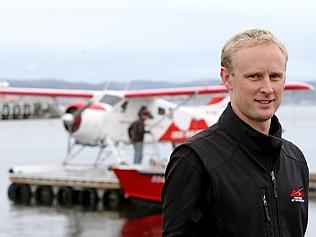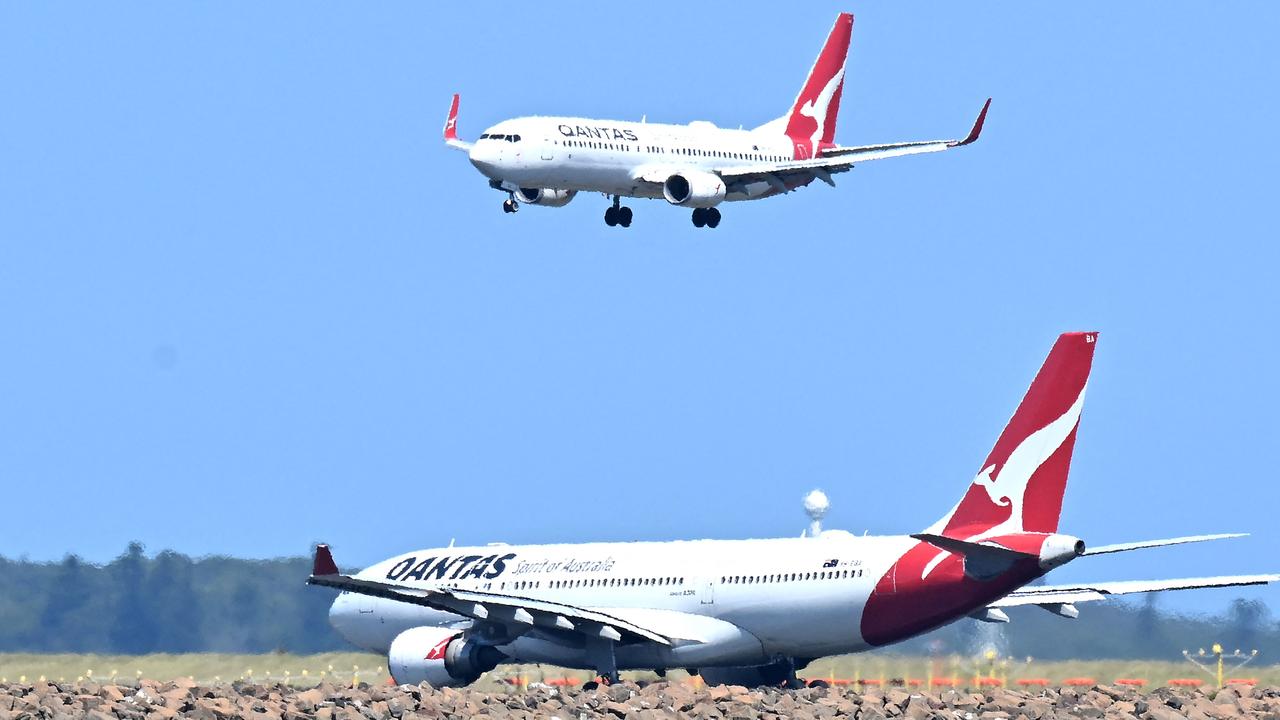Greens fret on flights to Tasmania’s wilderness
THE Tasmanian Greens are worried about the granting of a licence for a seaplane company to land in the state’s wilderness areas.

Travel
Don't miss out on the headlines from Travel. Followed categories will be added to My News.
THE Tasmanian Greens are worried about the granting of a licence for a seaplane company to land at some of the state’s most beatiful wilderness spots.
Greens environment spokesman Nick McKim yesterday expressed concerns about the licence and the way it was granted.
“There is currently a review under way of the Tasmanian Wilderness World Heritage Area Management Plan and the Minister needs to explain why he has granted commercial licences before the review is completed,” Mr McKim said.
“The details of trials should also be released. Tasmanians deserve to know exactly what the outcomes of the trials were and whether they support the granting of commercial licences.
“We know that last time flights were planned into the World Heritage Area, serious concerns were raised by fishing clubs, bushwalkers and walking tour operators that they would compromise the peaceful experience that attracts visitors from around the world.
“We need a coherent management strategy for our globally acclaimed Tasmanian WHA, rather than a piecemeal approach.”
A report in yesterday’s Sunday Tasmanian said the State Government had granted Tasmanian Air Adventures exclusive rights to land at wilderness spots including Lake St Clair, the Southwest National Park, Lake Pedder and Recherche Bay.
Environment, Parks and Heritage Minister Matthew Groom hailed the move as a win for tourism and another step towards the Government’s objective of making Tasmania “the environmental tourism capital of the world”.
Mr Groom said the licence was granted after trials found that flights had no adverse social or environmental impacts.
“Given the trial outcomes, there was clearly no need to wait for the WHA management plan review,” he said.
“We remain committed to doing all we can to open up our parks to further tourism opportunities and to making Tasmania the environmental tourism capital of the world.”


